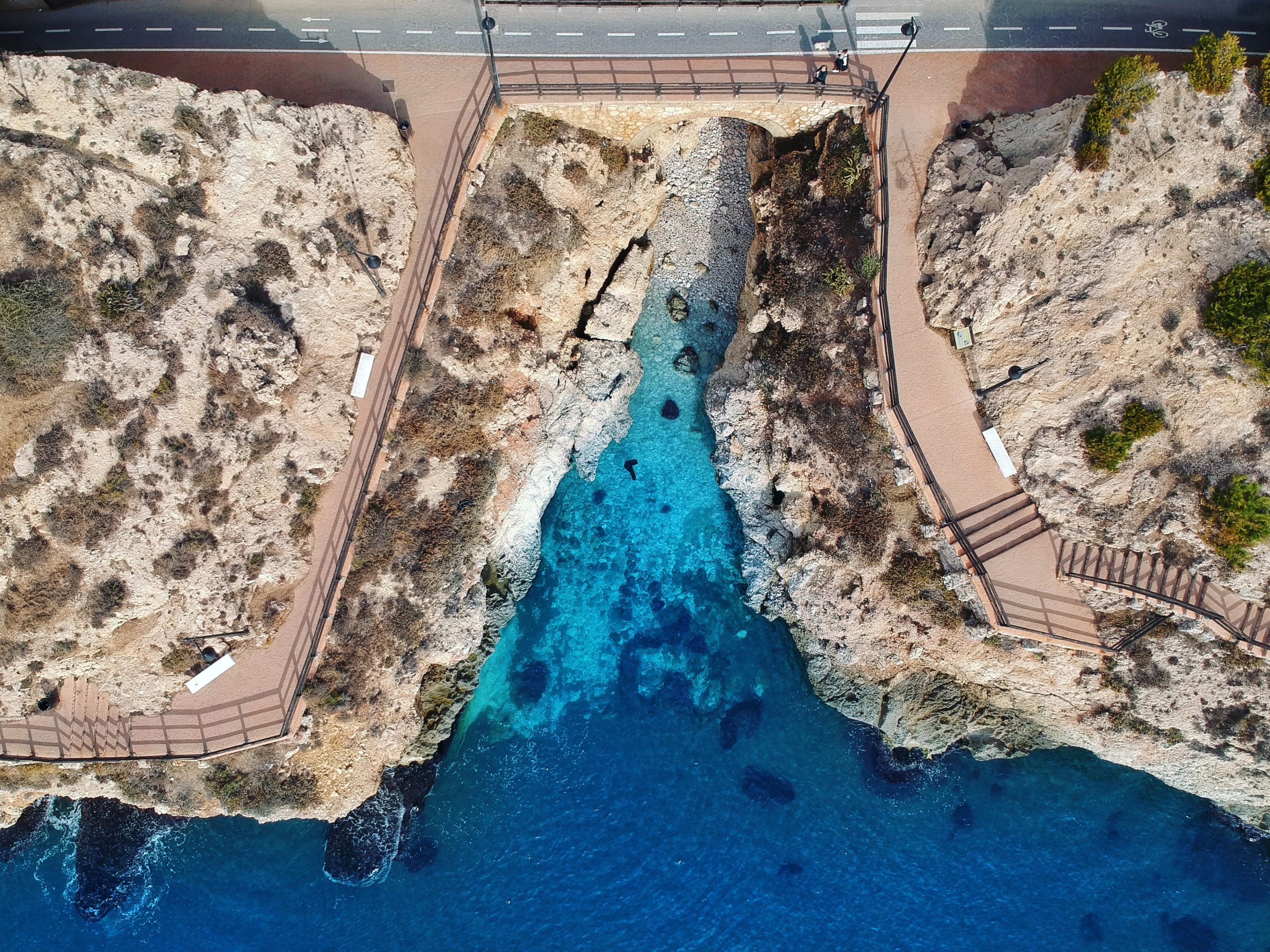Rincón de la Victoria, “a corner full of life.” Located on the Costa del Sol, it is the gateway to the Axarquía region. It stands out for the beauty of its cliffs, its mild climate, its traditions, and its cultural resources, making it a unique experience that connects you with the essence of authenticity.
In addition to its tropical climate and 9 km of beach, it boasts important resources such as the Cueva del Tesoro, the only marine cave in Europe that can be visited, or the Cueva de la Victoria, a visit classified as speleological, is an active tourism adventure where you can contemplate cave paintings.
Also surprising is Villa Antiopa, a Roman maritime villa, which immerses you in 3rd-century Roman times through the use of technology. In 2024, it received the award for the best immersive experience in the context of technologies such as virtual reality, augmented reality, and much more.
Strolling through its streets is like reconnecting with history, discovering its watchtowers or the ancient Bezmiliana Fort, as well as the old train stations that ran from Málaga to the province of Granada; feeling the sea breeze in its coastal towns (La Cala del Moral, Rincón de la Victoria, and Torre de Benagalbón); listening to the verdiales (verdiales) songs, or being intoxicated by the scent of geraniums, gitanillas, and jasmines on the whitewashed streets of Benagalbón.
In addition to its Mediterranean cuisine, its festivals, and traditions such as the Boquerón Festival and the Virgen del Carmen Festival, it has a vibrant cultural life, with numerous sporting events and exhibitions throughout the year.
Rincón de la Victoria is also located on the avocado route.
With a population of more than 50,000, the primary sector and tourism are the main economic activities, along with commerce.
It has three 4-star hotels, as well as a wide range of accommodation options. Currently, there are a significant number of restaurants.
| Admission to the Smart Tourism Destinations Programme | Rincón de la Victoria joined the Smart Tourism Destinations project in 2020. In 2021, it completed its first diagnostic process, culminating in the development of the Diagnostic Report and Action Plan for its transformation into a Smart Tourism Destination. The diagnostic assessment for the renewal of its status as a Participating Smart Tourism Destination was completed in 2025. |
| Outstanding initiatives
|
|


